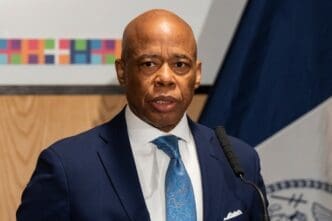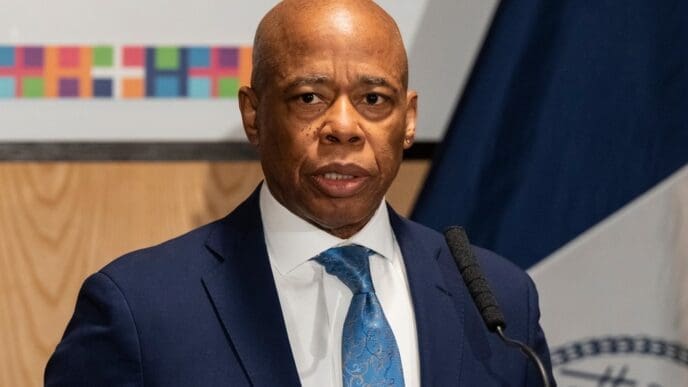In 2020, Tulsi Gabbard, appointed by Donald Trump as the next Director of National Intelligence, met with Daniel Ellsberg, a historical figure known for leaking the Pentagon Papers. This meeting highlights concerns regarding her compatibility with the intelligence agencies she may soon oversee.
Gabbard, while running for the Democratic presidential nomination, aligned herself with whistleblowers by meeting Ellsberg, who opposed charges against officials leaking classified information. She labeled these charges as ‘insanity’ and introduced a bill to protect such individuals. Additionally, she pushed for legislation supporting Julian Assange and Edward Snowden, known for their significant leaks of classified U.S. information.
Trump’s decision to nominate Gabbard has raised eyebrows due to her limited intelligence community experience and her controversial views on foreign policy issues, particularly those that mirror Russian propaganda narratives. Her most significant rift with the agencies she might lead arises from her deep-seated skepticism towards government surveillance and her advocacy for transparency.
Her potential leadership suggests a conflict with Trump’s previous actions, including the 2019 Espionage Act charges against Assange, reflecting a potential shift in the Republican approach towards surveillance and state secrecy.
Jamil Jaffer, a familiar name in Bush-era security circles, critiques Gabbard’s nomination, pointing out her defense of Snowden and Assange, both considered threats by the intelligence community.
The eclectic political support for figures like Snowden and Assange cuts across traditional party lines, uniting figures from both the progressive left and libertarian right, forming an unexpected yet robust coalition.
Having transitioned from a Democrat to a Trump-supporting Republican, Gabbard’s journey underscores her libertarian leanings and suspicion of traditional power structures, perceived by some as flirtations with conspiracy theories.
Gabbard’s legislative efforts have consistently reflected her anti-surveillance stance. In one attempt, she sought to repeal the Patriot Act and Section 702 of the Foreign Intelligence Surveillance Act, both foundational to U.S. intelligence operations post-9/11. Although her legislative attempts have not succeeded, these moves underscore her commitment to civil liberties.
Despite potential challenges, including anticipated resistance from Congress and the Department of Defense, Gabbard could still affect intelligence practices by advocating less use of controversial surveillance powers such as Section 702.
Critics argue that limiting surveillance capabilities could risk national security, significantly impacting the intelligence presented to the President.
Gabbard’s foreign policy positions, notably her consistent criticism of U.S. military interventions, have shaped her as a controversial figure. Her views align with a belief that current U.S. policies dangerously edge towards conflict with powers like Russia and China.
An incident in Hawaii involving a mistakenly issued missile alert spurred Gabbard’s vocal concern over the threat of nuclear conflict, reinforcing her isolationist stance.
Her combative rhetoric positions her against perceived ‘warmongers’ in both parties, reflecting her belief in an entrenched system favoring military solutions over diplomacy.
In 2022, Gabbard attributed blame for the Ukraine conflict to the Biden administration’s failure to acknowledge Russian security concerns, repeating narratives aligned with Russian state interests.
Her meeting with Bashar al-Assad during a 2017 visit to Syria, conducted without official notice to key congressional leaders, fueled controversy over her diplomatic approach, suggesting willingness to engage with adversarial figures.
Gabbard’s departure from the Democratic Party and subsequent endorsement of Trump illustrate her political recalibration. Known for her critical stance on intelligence and government transparency, she remains a polarizing figure within U.S. politics.
Tulsi Gabbard’s nomination as Director of National Intelligence represents a potential shift in the intelligence community’s approach to surveillance and transparency. Her history of supporting whistleblowers and challenging traditional intelligence practices highlights the complexities surrounding her potential leadership.
Source: CNN














